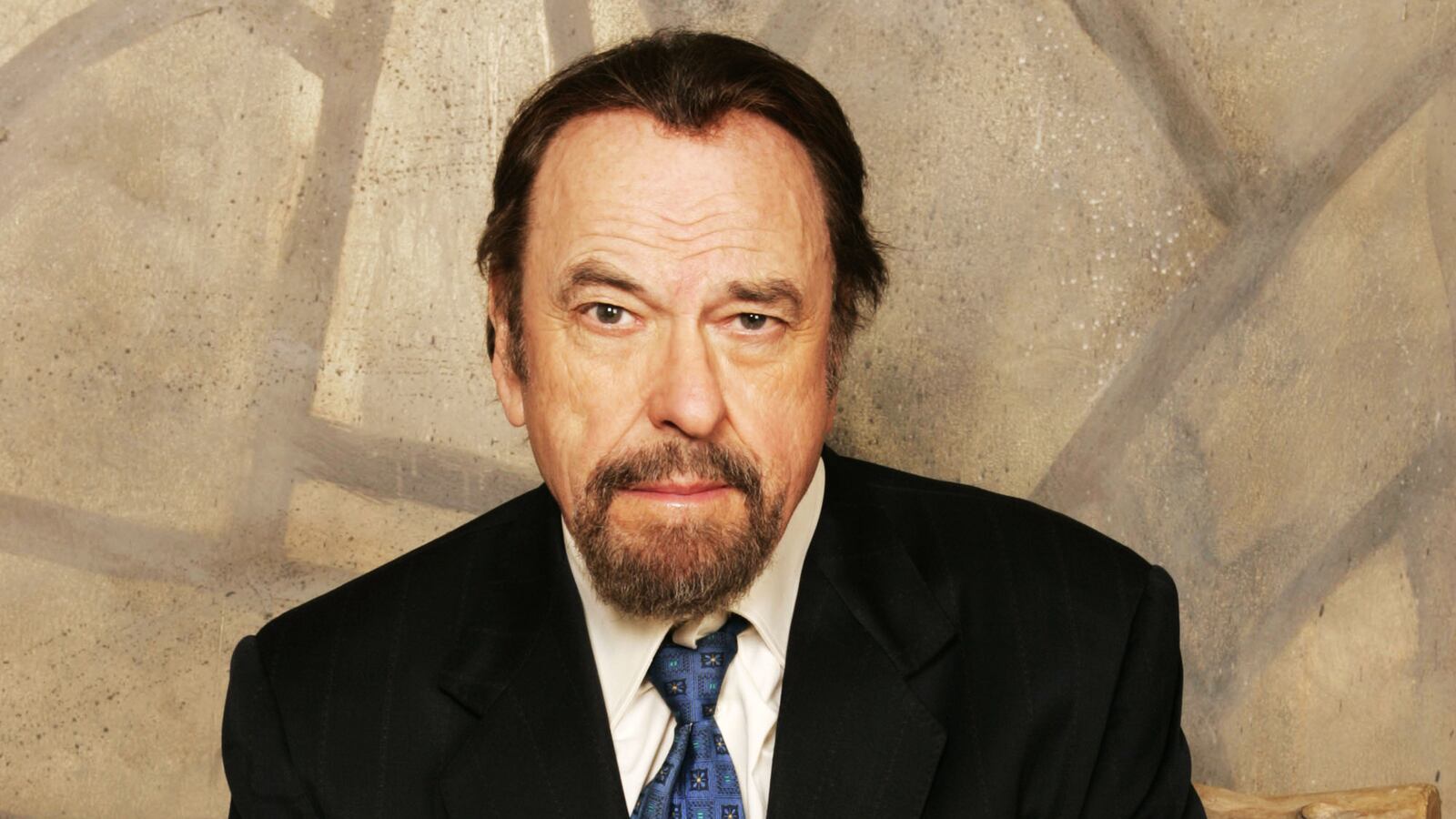The minute Rip Torn showed up in a movie or a television show, I always started to grin. OK, I’d think, now we can have some fun. And I was always right.
It could be 30 Rock, The Larry Sanders Show, Men in Black, The Man Who Fell to Earth, even the crazy fight scene at the end of Norman Mailer’s Maidstone—didn’t matter how big or small the part, there was something about Torn that made you watch. He excelled at playing slimeballs or characters that were, at best, untrustworthy. And the crazy thing was, you loved those characters. Torn, who died July 9 at the age of 88, was always the best thing about every movie, every TV show, and every play he was in.
And the best thing he was ever in was Payday.
Released in 1972 to critical acclaim and no box office, this little straight razor of a movie was written by the undersung novelist Don Carpenter and directed by Daryl Duke, with original songs penned by Shel Silverstein. But the only name to really remember is Torn, who plays Maury Dann, a fading country singer trying to climb back in the big time and getting in his own way at every step.
It’s tempting to say that no one could have played this part but Torn, but what we can almost certainly say is that no one could have played the role any better.
Maury Dann is one of those walking contradictions: he’s charming, duplicitous, beguiling, ornery, gentle, vicious, friendly, and terrifying, and his moods change in seconds. Torn inhabits this character so completely that almost from the beginning you forget he’s acting. The movie feels less like a theatrical production and more like a documentary. Run it back-to-back with, say, Gimme Shelter, and you’d be hard pressed to say which is the more convincing as a look at the off-stage life of professional musicians.
The whole movie takes its cues and sets its rhythm to Torn’s volatile mood swings, lurching from tedium to terror in seconds and then, poof, it’s like the terror never happened. Which somehow makes things even more unsettling.
In the first 15 minutes of the movie, Dann screws a fan in the back seat of his car after a show, another would-be groupie gets raped, and the next morning, Dean takes his pals bird hunting after stopping at his mama’s house, where, when she complains about having no get-up-and-go, he promptly sets her up with a handful of speed from his own stash.
A loving son, an old mama, hunting with the fellas, romance with a fresh-faced fan, the lure of tooling down the open road with your pals—all those cliches get turned inside out and then stomped like a bug under a bootheel.
It’s a dark movie from start to finish, but Torn somehow makes it all bearable. It’s impossible to stop watching him, because you never know what he’s going to do next. Usually something reprehensible, yes, but no one ever made spinning out of control so hypnotic. Because while decline and fall is the through-line of the rambling plot, there’s a fizziness to the whole thing, a sort of crazy energy so infectious that even a spectator feels like he just popped a couple of Black Beauties.
Thanks to Torn, we stick with Maury Dann a lot longer than we should. Because every time we’re ready to give up on him as a complete piece of trash, he lights us up with that you-know-you-love-me grin and worms his way back with a killer line like, “We only pass this way once. Might as well pass by in a Cadillac.”
For years the story circulated that Payday was based on seedy episodes in the life of Waylon Jennings, but the movie doesn’t need any such outside validation to sell its vision. It’s easy to make a dark, cynical movie. It’s a lot harder to make a dark, cynical movie that leaves you no wiggle room to discount its take on things. But that’s what Payday does. And I won’t even say it’s mostly thanks to Torn. No, it’s all thanks to him.
No one in the movie gives a bad performance, but when Torn is on screen, it’s like they’re all just standing around like not so innocent bystanders. He sucks up every scrap of our attention, whether he’s fighting over a dog, fighting with his girlfriend, gladhanding a disk jockey to get himself some airplay, or killing someone in a fight and then passing the blame.
I don’t know if Payday is the best movie ever made about country music, or life on the road for a band, as some critics have claimed. What I do know is that you believe every single exhilarating second of it while it’s on screen.
Torn made playing horrible people look like fun. And even when they’re not fun, they’re unforgettable. He seemed to welcome the chance to play heels and screw-ups (we’re talking about the man who played Judas in King of Kings), and certainly no one ever inhabited the role of a villain with more unbridled glee.
Calling dead actors irreplaceable is a worn out habit in obituaries and tributes, but once in a while, it’s true. There was no one like Rip Torn before he came along, and there will be no one like him now that he’s gone. Just be glad we had him for a while.
Today while I was writing this, I was delighted to discover that some good soul has posted Payday in its entirety on YouTube. I sat down and watched it again. You should too.





